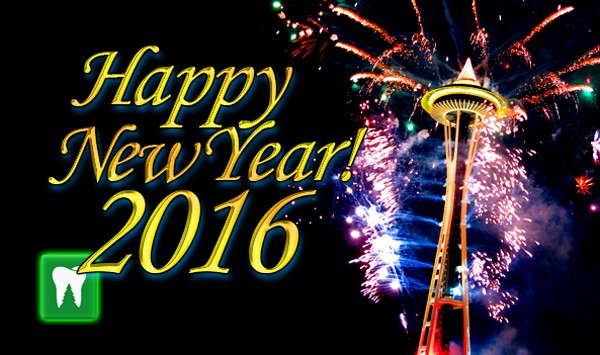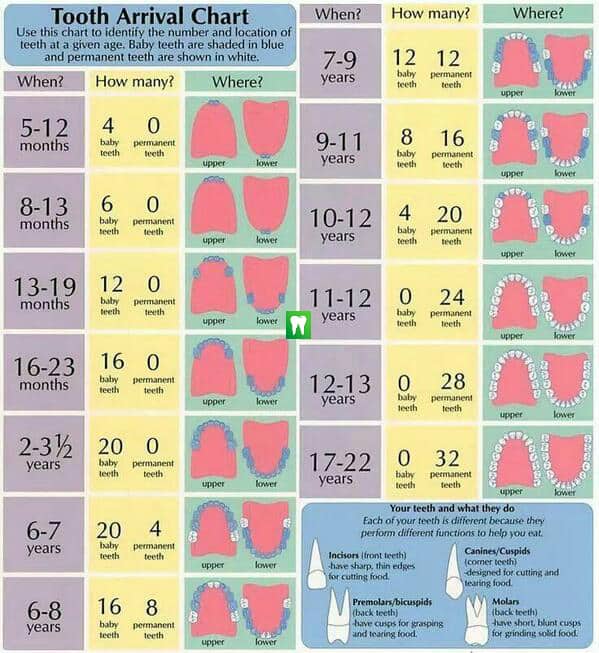What is your resolution for 2016?
The holidays have come to an end and a brand new year is upon us. But what kind of year will 2016 be? Will it be for of new adventures, relationships and dreams made reality? After all, life is what we make it. So what new year’s resolutions are you hoping to achieve in 2016?
New year’s resolutions have quite a long history. The Babylonians would pledge to return borrowed objects and repay their debts at the beginning of each calendar year. The Romans would offer their resolutions to the god Janus, the god of beginnings, transitions and endings. This is also where the month January gets it’s name.
Sometimes it can be hard to stick to a resolution. Often times it’s easy to begin a new year with great intentions for a “new you.” But by February most people have completely forgotten about those plans. Here’s a tip for making the right new year resolution for yourself.
Ask yourself “if there were no pressure from anyone else, what would you, personally, like to change?” This is important! Studies have found that people are far more likely to succeed in changing their behavior when they are motivated by internal rather than external forces. If it’s not a change that you truly want for yourself, you will always find an excuse or reason to let that idea go.
Another important factor in keeping our new year’s resolutions is willpower. A common misconception about willpower is that you’re either born with it or not. However, physiologists have found that willpower is much more like a metaphorical muscle. It needs exercise to become strong and keep us focused on our goals. For instance, if you have multiple goals you’d like to achieve this year, try focusing on a smaller goal first. When you achieve success, it fuels the fire of your willpower. Winning makes you feel good. It improves confidence and rewards your dedication, which in turn will make those larger goals much more achievable.
If willpower isn’t standing in the way of achieving your goals, other things might be. You also need to question if you have the opportunity to change your behavior, or whether there are obstacles in your path. Say 2016 is the year you plan to write a novel. First, you need to identify good situations in which to initiate your writing. Maybe it’s whenever your partner goes to the gym. But you also need to plan for what to do if your best friend calls and suggests you meet for lunch instead. This is called “if-then planning”: if X happens, then I will do Y.
Studies have found that people are two to three times more likely to achieve their goals if they use an “if-then” plan. This goes for all sorts of goals, from weight loss to using more public transport. One reason why this form of planning seems to be so effective is that it often involves tying behaviors to specific cues in your environment. In other words, once you’ve made your plan, you no longer have to expend mental energy making choices and can more or less function on autopilot: you’ve created a new habit.





